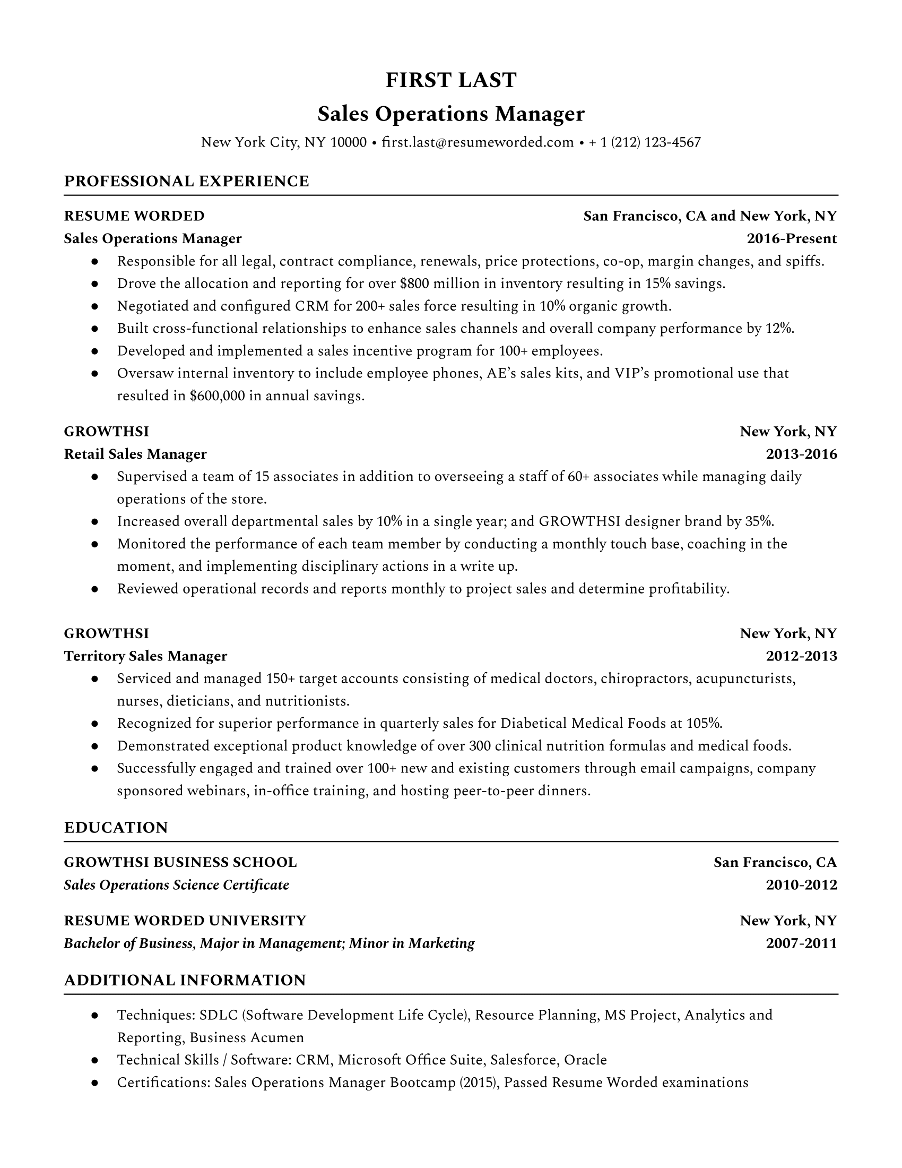Writing your resume can be daunting. It’s hard enough figuring out what work experience to include, but what about small details like resume periods, punctuation, and grammar? These things may seem minor, but they go a long way to polishing your resume and making a professional first impression.
The key to all resume grammar rules is to be consistent. Generally, you should use periods (called 'full stops' in the UK) for full sentences. Everything else depends on your personal style. Below, we go into detail about how to use periods in different sections of your resume, but the golden rule is to pick a style and use it consistently throughout.
Why the correct use of resume periods is important in 2024
Proper grammar and punctuation have always been key in writing a professional resume, but in 2024, these minor rules are more important than ever. With many companies using ATS software to scan applicants’ resumes, poor punctuation can lead to overlooked keywords that can cause your resume to be rejected.
But don’t worry; resume punctuation is not complicated. Just follow the basic rules outlined below, and use a resume grammar checker before hitting apply.
You can also upload your resume to the resume review tool below – it will identify any grammar and punctuation issues and provide suggestions for improvement.
General rules for using periods on your resume
The most important rule for using periods on your resume is consistency. Whatever other rules you follow, ensure your punctuation is the same throughout your resume.
Full sentences
You should always use periods at the end of full sentences on your resume. Because most sections of your resume are written in fragments or phrases, you will likely only find full sentences in your resume summary.
Bullet points and lists
As bullet points and lists are not often complete sentences, you can choose to end each point with a period or not, depending on personal preference. Style guides, such as AP or Chicago, have different recommendations about using periods for incomplete sentences, but there is no right or wrong answer. Just remember the golden rule and be consistent throughout.
Abbreviations
Generally, periods aren't required for common abbreviations, such as USA or IT. If you choose to use periods, remember to capitalize your abbreviation and include a period at the end. Writing CEO or C.E.O. are both acceptable, as long as you are consistent. For example, if you write C.E.O., you should also write C.F.O. instead of CFO and B.A. instead of BA.
Academic degrees
It is common for academic degrees to be written using periods, such as B.A. or M.A., but BA and MA are also acceptable.
Pro-tip: Match the job description
If you are unsure how to use periods on your resume, take direction from the job description. See if the job description uses periods for bullet points or abbreviations, and match your punctuation accordingly.
Here is an example of a properly formatted resume using the rules outlined above:

Use of periods in different sections of your resume
Proper punctuation, including resume periods and capitalization, will vary throughout your resume depending on the information presented. Here are some general rules for each section of your resume.
Contact information
Avoid using periods here. Your contact information needs to be easy to read and formatted as shown below:

Resume summary
Your resume summary should be written in complete sentences, each ending with a period. And remember to keep this section concise and to the point, no more than six sentences long.
Work experience
This section typically includes bullet point lists. Using periods for bullet points is a matter of personal style. Either is acceptable for a professional resume.
Here is an example of both styles:
Without periods: Managed a team of 10 sales representatives
With periods: Managed a team of 10 sales representatives.
Skills
Periods are optional for your skills list, as your skills are usually single words and proper nouns. Typically this list is written with no periods.
For example:

Education
As your education is not written in complete sentences, periods are not required. Still, you can end each point with a period if you prefer.
For example:
Without periods: University of California, LA, Bachelor of Arts in English, 2020
With periods: University of California, LA, Bachelor of Arts in English, 2020.
Qualifications and certificates
As with the education section above, periods here are unnecessary but can be added for consistency with the rest of your resume.
FAQs
Should I end all sentences with a period?
If it’s a full sentence, then yes, you should end with a period. If your sentence is a fragment, like a bullet point or a list, the choice is up to you. Just choose a style and be consistent throughout your resume.
Do recruiters really pay attention to resume punctuation?
It sounds petty, but yes, they really do. While you won’t lose an interview based solely on poor punctuation, consistent errors will make your resume harder to read and give the impression that you lack attention to detail.
What are some other resume grammar rules?
For further information about resume grammar, here are some additional articles on punctuation and grammar for your resume:










